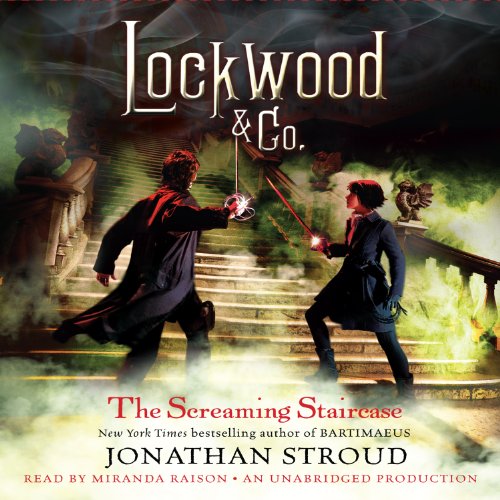What’s the first step to becoming an entertaining storyteller?
In a recent ZOE Nutrition podcast, James Clear, author of Atomic Habits, suggests the key to starting a new behavior, like telling entertaining stories, is doing four things:
- Make the cue to the behavior OBVIOUS.
- Make the behavior more ATTRACTIVE.
- Make the behavior EASY.
- Make the behavior SATISFYING.
But what’s the FIRST step?
It’s mastering the art of showing up.
That’s it.
What does that look like?
He shared an interesting story in the section where they were talking about making the behavior easy.
START
Let me give you two examples that’ll probably help clarify. So the first one this is just a really simple tactic, a very actionable thing, that you can use for building better habits. I call it the two-minute rule, and it just says take whatever habit you’re trying to build and you scale it down to something that takes 2 minutes or less to do.
So read 30 books a year becomes read one page. Do yoga four days a week becomes take out my yoga mat.
Now sometimes people resist that a little bit because they’re like, okay buddy, you know I know the real goal is not to just take my yoga mat out. I know I’m actually trying to do the workout, so this is some kind of trick, and if I know it’s a trick, then why would I fall for it?
I have this reader his name is Mitch. I mentioned him in Atomic Habits. He lost over 100 pounds. So what is that? 40 or 50 kilos? And he kept it off for more than a decade. And he had this strange little rule for himself where he first started going to the gym, and for the first like 6 weeks he wasn’t allowed to stay for longer than 5 minutes.
So he would get in the car, drive to the gym, get out, do half an exercise, get back in the car, and drive home, and it sounds ridiculous. You know? It sounds silly. It’s obviously not going to get the guy the results that he wants, but what you realize is that he was mastering the art of showing up.
He was becoming the type of person that went to the gym four days a week even if it was only for 5 minutes, and this is a pretty deep truth about habits. Which is that a habit must be established before it can be improved. It has to become the standard in your life before you can scale it up and turn it into something more. You need to standardize before you optimize.
And so the two-minute rule kind of helps push back against that perfectionist tendency that we have sometimes, or against that tendency to try to do too much, and encourages you to master the art of just showing up.
END
That’s the answer!
If we want to be entertaining storytellers, the first, most powerful identity we can adopt is being the creative who shows up every day to work on his or her entertainment. Or maybe it’s five days a week. Or six days, four days, whatever your number is.
The first identity is that I’m the kind of creative that shows up to work. This awesome work of entertainment.
So what’s a two-minute behavior that might go along with that?
Here’s mine. After I come back from weighing myself in the morning, I set my writing session timer, open my writing document, read a bit of what I wrote in the previous session, and identify the task for this session.
That’s it. Nothing more.
That’s showing up.
If I show up and do that, I’ve shown up.
If, for some reason, I miss showing up. I identify the next slot in that day to get it done.
I can master all the other parts of writing entertainment later. But I must master the art of SHOWING UP first.
So tell yourself you’re the kind of creative who shows up to write entertainment every day.
Make that your identity. You can expand that identity later. But let’s start here.
Write your two-minute behavior. Get specific on the time and action.
Then be like Mitch. Show up and celebrate showing up.
And if, like Mitch, it takes you six weeks to master the art of showing up, then it takes six weeks. Big whoop.
Writing fiction is a long-haul game. That means the name of this game is playing the game until you win the game. And to do that you first have to master the art of showing up.
This is the key. When you master this, everything else is possible.
“I am the kind of creative who shows up every day to create.”
Tell yourself that. Repeat it when brushing your teeth. Make that your identity. Be that guy.
If you have a two-minute action for showing up, share it.
If you don’t have one yet, identify one and share it. And if your action doesn’t work? No biggie. Act like a scientist and tweak it until it does.
NOTES
ZOE Nutrition podcast with James Clear. https://www.youtube.com/watch?v=mcdzK8BOfBY or https://zoe.com/learn/podcast-how-to-master-healthy-eating


















